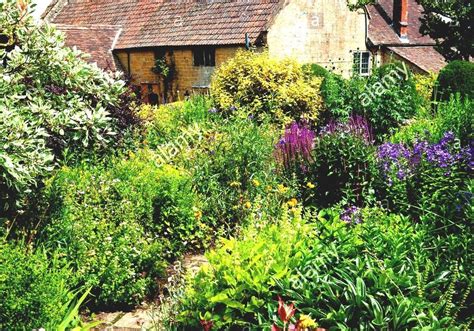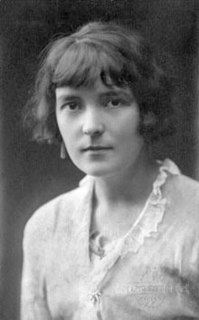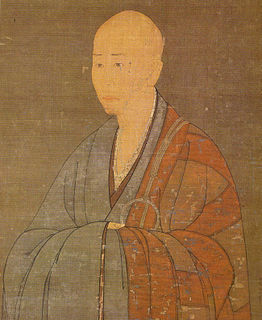A Quote by Frederick Lenz
The Zen master walks in his garden, alone. There is no traffic there. There is no shopping there. There are only the flowers.
Related Quotes
Zen is to religion what a Japanese "rock garden" is to a garden. Zen knows no god, no afterlife, no good and no evil, as the rock-garden knows no flowers, herbs or shrubs. It has no doctrine or holy writ: its teaching is transmitted mainly in the form of parables as ambiguous as the pebbles in the rock-garden which symbolise now a mountain, now a fleeting tiger. When a disciple asks "What is Zen?", the master's traditional answer is "Three pounds of flax" or "A decaying noodle" or "A toilet stick" or a whack on the pupil's head.
If, I can someday see M. Claude Monet's garden, I feel sure that I shall see something that is not so much a garden of flowers as of colours and tones, less an old-fashioned flower garden than a colour garden, so to speak, one that achieves an effect not entirely nature's, because it was planted so that only the flowers with matching colours will bloom at the same time, harmonized in an infinite stretch of blue or pink.
you mustn't rely on your flowers to make your garden attractive. A good bone structure must come first, with an intelligent use of evergreen plants so that the garden is always clothed, no matter what time of year. Flowers are an added delight, but a good garden is the garden you enjoy looking at even in the depths of winter.
There is a lot of difference between offering a garland of flowers bought from a shop and one that we make out of flowers picked from our home garden. When we plant the flowers, water them, pick the flowers, make the garland and take it to the temple, thoughts of God alone live in our minds. The Lord accepts anything offered to Him with intense Love. When we buy a garland at a store and place it on the deity it is only a ceremonial act while the other is a garland of pure devotion and an act of love.
God made a beauteous garden With lovely flowers strown, But one straight, narrow pathway That was not overgrown. And to this beauteous garden He brought mankind to live, And said "To you, my children, These lovely flowers I give. Prune ye my vines and fig trees, With care my flowers tend, But keep the pathway open Your home is at the end." God's Garden
Man designs for himself a garden with a hundred kinds of trees, a thousand kinds of flowers, a hundred kinds of fruit and vegetables. Suppose, then, that the gardener of this garden knew no other distinction between edible and inedible, nine-tenths of this garden would be useless to him. He would pull up the most enchanting flowers and hew down the noblest trees and even regard them with a loathing and envious eye. This is what the Steppenwolf does with the thousand flowers of his soul. What does not stand classified as either man or wolf he does not see at all.
place where man laughs, sings, picks flowers, chases butterflies and pets birds, makes love with maidens, and plays with children. Here he spontaneously reveals his nature, the base as well as the noble. Here also he buries his sorrows and difficulties and cherishes his ideals and hopes. It is in the garden that men discover themselves. Indeed one discovers not only his real self but also his ideal self?he returns to his youth. Inevitably the garden is made the scene of man's merriment, escapades, romantic abandonment, spiritual awakening or the perfection of his finer self.
The real master is only a presence. He has no intentions of being a master. His presence is his teaching. His love is his message. Every gesture of his hand is pointing to the moon. And this whole thing is not being done, it is a happening. The master is not a doer. He has learned the greatest secret of life: let-go. The master has drowned his ego and the idea of separation from existence itself.






























